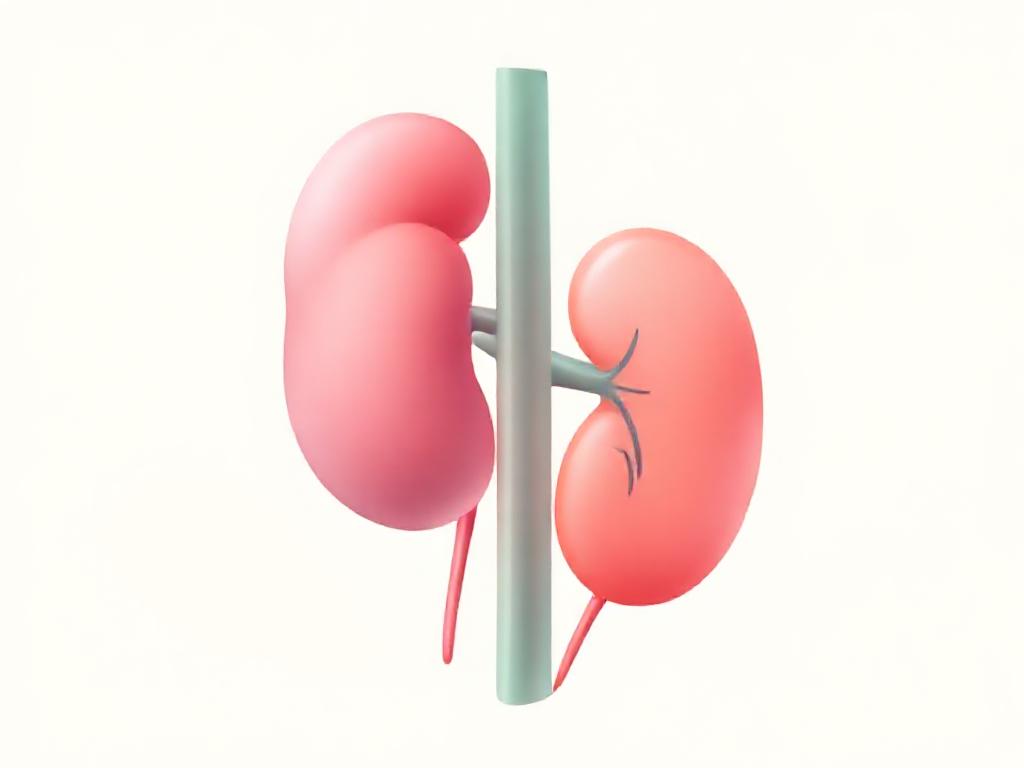Natural Approaches to Kidney Stone Prevention: What Actually Works in 2024

While there are many natural remedies claimed to prevent kidney stones, not all are backed by science. This article focuses exclusively on natural approaches proven effective through clinical research and endorsed by medical experts.
The Science Behind Natural Prevention
Recent research from Vanderbilt University Medical Center involving over 1 million adults has provided valuable insights into natural kidney stone prevention methods. Below are the evidence-based strategies that have shown promising results:
1. Citrus Fruits: Nature's Stone Fighters
Citrus fruits are rich in natural citrate, a compound that helps prevent the formation of kidney stones by reducing crystal aggregation. Multiple clinical studies support their effectiveness.
Why They Work:
- Contain natural citrate
- Help prevent crystal formation
- Supported by multiple clinical studies[1][2]
Best Options:
- Lemons (highest citric acid content)
- Limes
- Oranges
How to Use:
- Add fresh lemon to water (½ lemon per 8 oz)
- Drink sugar-free citrus beverages
- Eat whole citrus fruits daily
2. Water: The Most Natural Prevention
Clinical evidence consistently shows that proper hydration remains the most effective natural prevention method. Drinking enough water dilutes urine, reducing the concentration of stone-forming substances.
Daily Goals:
- 3 liters (about 12 cups) for most adults
- More during exercise or hot weather
- Clear to light yellow urine color[3]
3. Plant-Based Foods That Protect
Studies published in the Journal of Urology highlight several plant-based foods that offer protective benefits against kidney stones.
Protective Plants:
- Fresh herbs (parsley, basil)
- Pumpkin seeds (magnesium-rich)
- Bananas (potassium source)
- Cherries (low oxalate)
4. Natural Mineral Balance
Maintaining a proper balance of key minerals can help prevent kidney stone formation.
Science-Backed Minerals:
- Magnesium (helps prevent crystal formation)
- Potassium (balances acid levels)
- Calcium from food sources (not supplements)[4]
Exercise: A Natural Preventive Tool
Regular physical activity improves mineral metabolism, helps maintain a healthy weight, and enhances hydration awareness.
Recommended Activities:
- 30 minutes of daily walking
- Light to moderate exercise
- Yoga or stretching
Stress Management Techniques
Stress has been linked to increased kidney stone risk. Evidence-based stress management techniques include:
- Deep breathing exercises
- Regular meditation
- Adequate sleep (7–9 hours)
- Nature walks
Warning Signs to Watch
Despite natural prevention efforts, seek medical care if you experience:
- Severe back or side pain
- Pink, red, or brown urine
- Frequent urination
- Fever with chills[5]
Natural Approaches to Avoid
Research does not support these common myths:
- Apple cider vinegar "cleanses"
- Olive oil "flushes"
- Herbal supplements without clinical testing
Creating Your Prevention Plan
Daily Checklist:
- Track water intake
- Include citrus fruits
- Complete 30 minutes of movement
- Practice stress management
- Monitor urine color
When to Combine with Medical Care:
- Regular medical check-ups
- Proper stone risk assessment
- Professional dietary guidance
- Prescribed medications if needed
The Future of Natural Prevention
Emerging research suggests a connection between gut health and kidney stone prevention, highlighting the potential role of probiotics and fermented foods.[6]
Disclaimer: While these natural approaches are supported by scientific research, they should not replace medical treatment. Always consult your healthcare provider before starting any prevention program, especially if you have a history of kidney stones or other health conditions.


